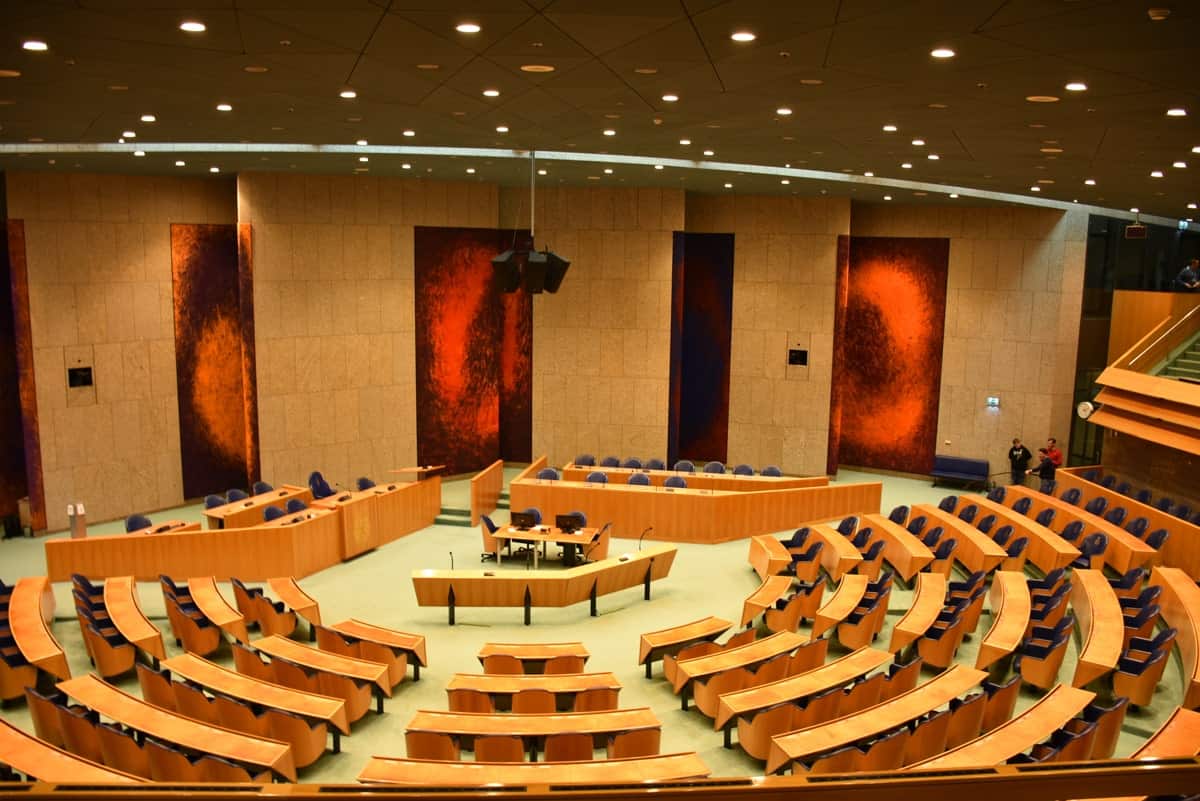Article The National Franchise Guide: “Humps in the standstill period” – mr. T. Meijer – dated October 19, 2021
The Franchise Act has been seen by a large number of parties, not least of which the legislator, as a means of redressing the ‘skewed’ relationship between franchisor and franchisee. The parliamentary papers in which the law is explained also explicitly mention this skewed relationship on a number of occasions, partly to substantiate the need for legislation. The aim is to offer protection to the ‘weaker’ franchisee. Whether the current legal text actually offers this intended protection can be questioned on a number of aspects.
For example, the Franchise Act includes a standstill period. Section 7:914 of the Dutch Civil Code states that the franchisee receives the information necessary to enable him or her to make an informed decision to enter into the franchise agreement at least four weeks before the conclusion of the franchise agreement. The information that must be provided for this is laid down in Article 7:913 of the Dutch Civil Code. According to the legislator, this period of four weeks is also intended to give the franchisee the opportunity to comply with his own obligation to investigate, as laid down in Section 7:915 of the Dutch Civil Code. Paragraph 2 of Article 7:914 stipulates that during this standstill period of at least four weeks the franchisor a) does not make any changes to the draft franchise agreement, unless these are for the benefit of the franchisee b) will not enter into the franchise agreement, or agreements deemed to be inextricably linked thereto, with the franchisee and c) will not induce the franchisee to make payments or investments related to the franchise agreement yet to be concluded.
The underlying intent is clear. The prospective franchisee must receive sufficient information to make an informed and free decision. The intended franchisee must then also be offered sufficient time and space for this decision. During this period he should therefore not be put under pressure to influence his decision. In theory, therefore, a good aim to offer the franchisee the intended protection. But hairline cracks appear in the implementation. I would like to discuss some of these below. With this I do not want to offer a complete analysis of the legal articles, but I try to show that the intended protection may not (yet) be complete.
The legislator wanted to introduce a standstill period to protect the franchisee. However, the duration of this period is linked to the moment of signing the franchise period, now that it has been determined that the information to be provided must be provided at least four weeks before signing the franchise agreement. However, this seems to have overlooked the fact that this franchise agreement may not be concluded at all. This unintentionally creates uncertainty about the start and end of the standstill period. This approach and term setting, which is at least open to various interpretations, inevitably leads to discussions about whether or not deadlines have expired. The intended protection of the franchisee thus inevitably loses some of its force.
A further point for attention is the prohibition on the franchisor entering into agreements with the intended franchisee during the standstill period that are considered to be inextricably linked to the franchise agreement. For example, consider a rental agreement. After all, it will be very difficult for a franchisee not to sign a franchise agreement if there is already a current rental agreement in which, in many cases, there is even an obligation to use the business space for the implementation of the franchise formula. However, according to the literal text of the law, this provision only concerns the conclusion of agreements between franchisor and franchisee. However, the franchisee may enter into such an agreement with third parties. A difficulty immediately arises here now that many franchisors operate from a group structure in which the real estate is often housed in a separate group company. Based on the text of Article 914 paragraph 2 sub b, the Franchise Act would not stand in the way of this. On other points in the Franchise Act, the legislator has explicitly added that any group companies must also be involved, for example in the information that must be provided. However, this provision lacks any reference to group companies. Naturally, with a reference to the intended protection, it can be argued that this prohibition also extends to group companies. With regard to this article, the legislative history also refers to being a landlord directly or indirectly. But since these group companies have been expressly named in other circumstances and this article makes no mention at all of being a direct or indirect lessor, it can just as easily be argued that the legislator has deliberately chosen to exclude the group companies from this provision. If anything can be concluded, it is that the legislator has in any case not been consistent in drawing up the provisions.
This obviously does not serve the intended protection of the franchisee. The future will have to show how the judiciary will deal with these situations.
Ludwig & Van Dam lawyers, franchise legal advice.
Do you want to respond? Then email to meijer@ludwigvandam.nl

Other messages
Accountability for franchise, marketing and IT fees
A ruling from the Midden-Nederland court of October 18, 2023 ...
ROZ model contracts (rental) adjusted: what are the consequences for Franchise relationships?
On April 10, 2024, the Real Estate Council (ROZ) announced ...
Abuse of power in the French supermarket sector
After Belgium, France has now also had enough when it ...
Supermarket location due to exceeding the decision period by the municipality
In a dispute with the municipality of Helmond, the issue ...
Standstill period protects the over-enthusiastic franchisee
Standstill period protects the over-enthusiastic franchisee The standstill period ...
Breach of pre-contractual information obligation in case of franchise
In summary proceedings, the District Court of The Hague rendered ...







